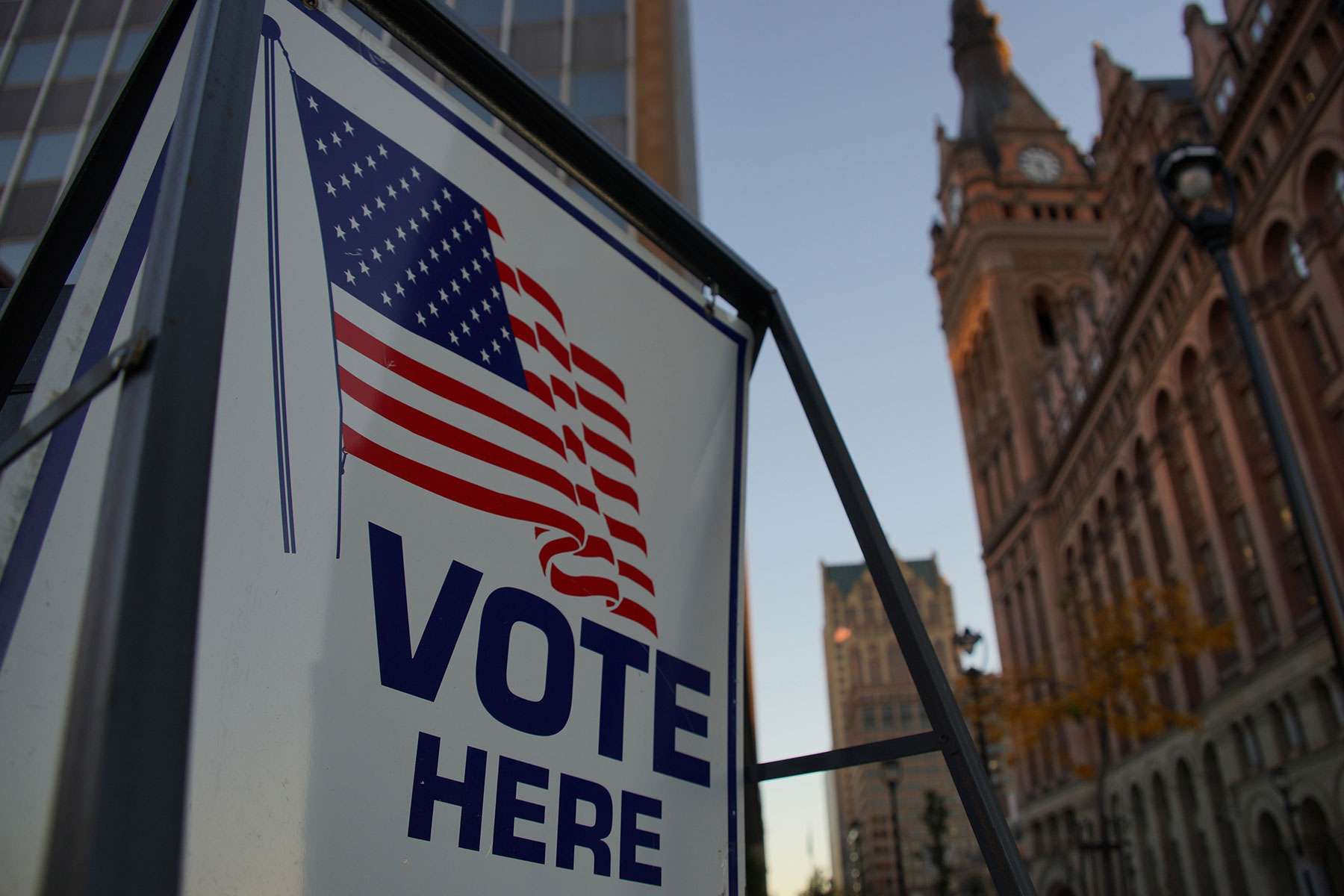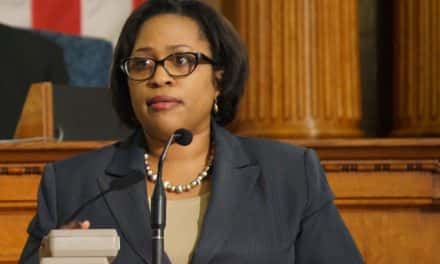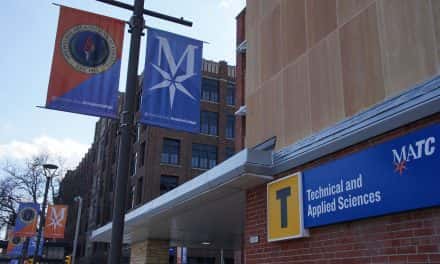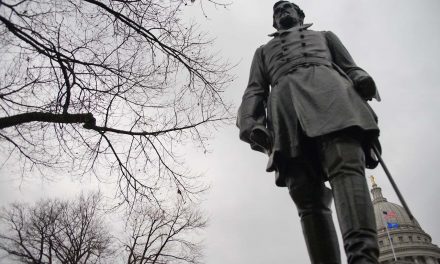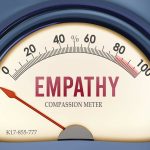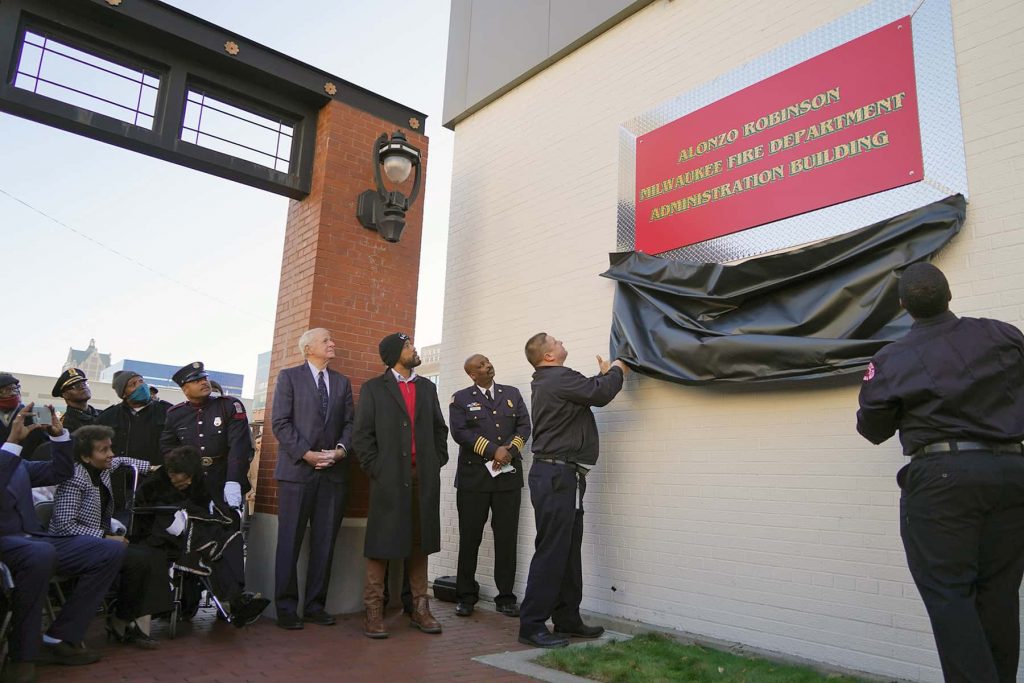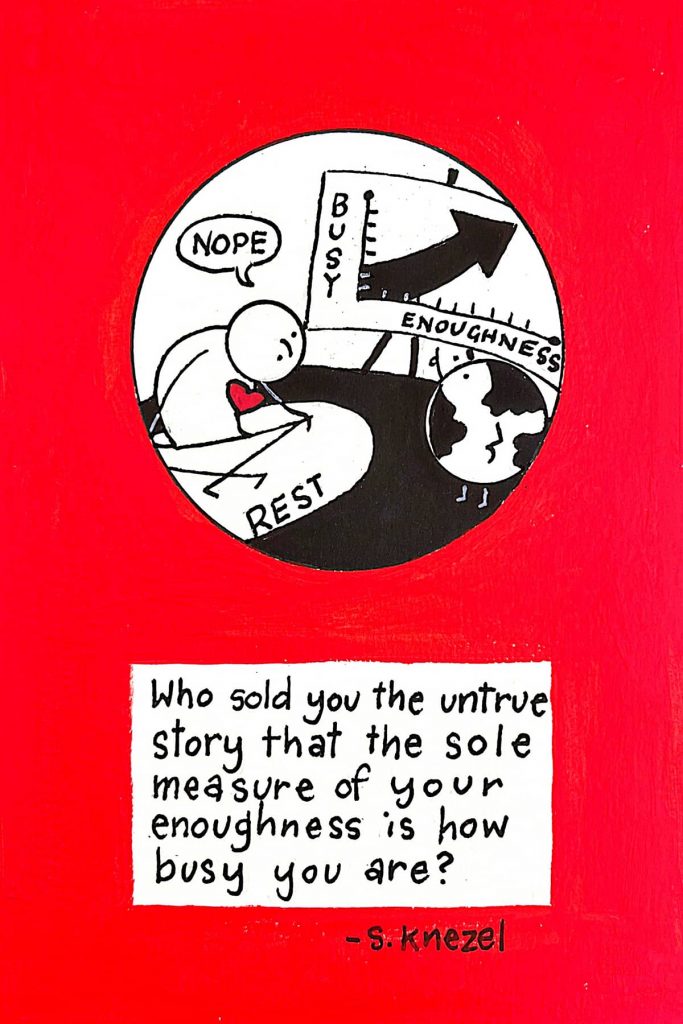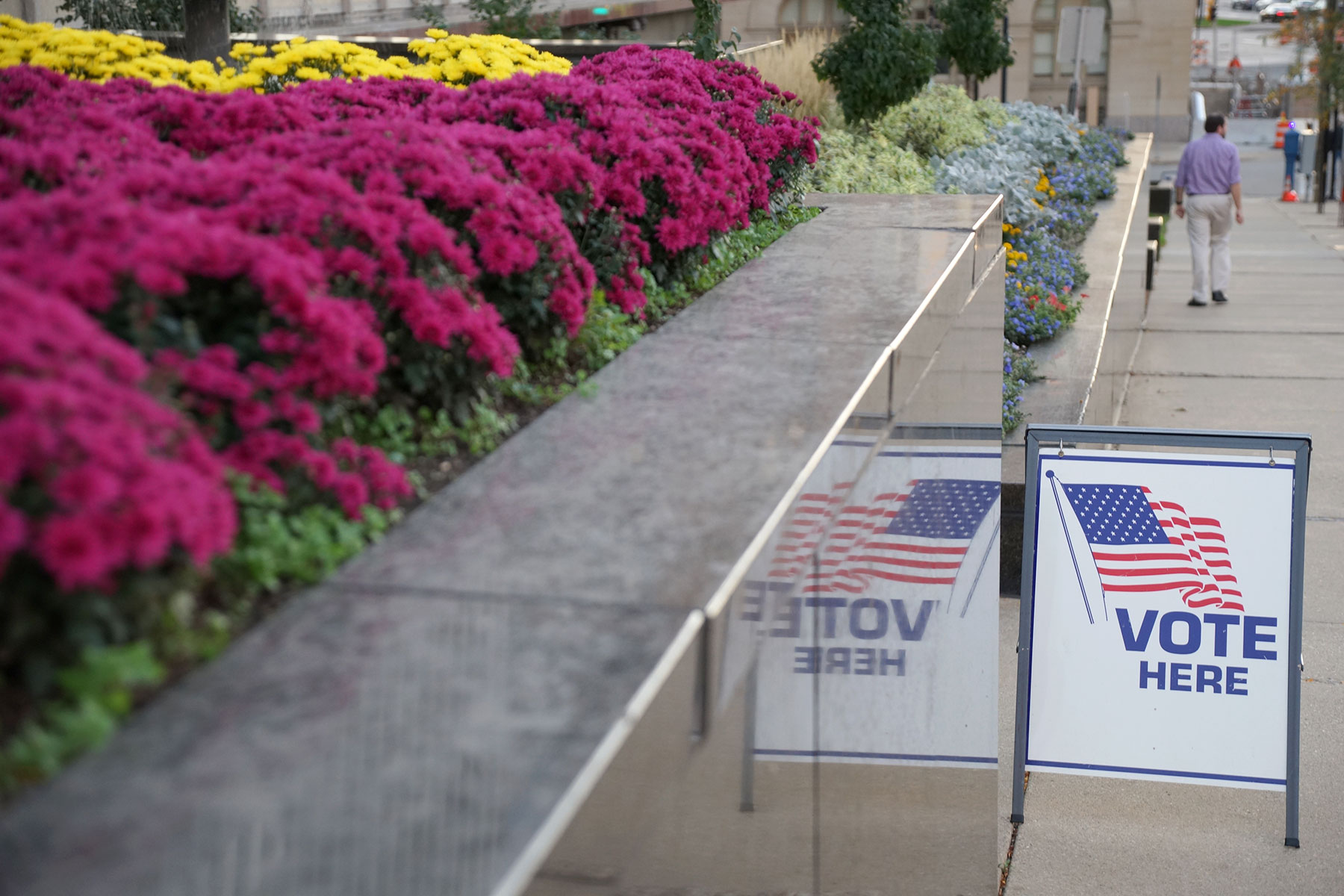
The Wisconsin Elections Commission issued a reminder to voters that there is still time to get the appropriate photo ID they will need to vote in the Spring Primary on February 20.
Wisconsin’s voter ID law, enacted in 2011 after Republicans took control of the legislature and the statehouse, requires citizens to show a driver’s license, a passport, a naturalization certificate or one of several other fairly uncommon documents before casting a ballot.
A federal court blunted the impact of the law in 2016, ordering the state to give a free ID to any voter who asked for one, but the state’s implementation of that order was criticized as ineffective.
“Most people already have the photo ID they need to vote such as a Wisconsin driver license or ID card. If individuals don’t have one of those or another acceptable photo ID, they can get one for free after just one visit to a Wisconsin DMV office,” said Michael Haas, interim administrator of the Wisconsin Elections Commission. “People should just bring whatever identifying documents they have, like a birth certificate and proof of current address, to obtain a photo ID. If people do not have those documents, they may still obtain a document to use for voting through the ID Petition Process at the DMV office.”
Haas said that in addition to a Wisconsin driver license, ID card or other DMV-issued document, voters can also use military and veteran’s IDs, some student IDs, tribal IDs, or a certificate of naturalization. The full list is available at bringit.wi.gov.
“Your photo ID does not need to have your current address, and your name on your ID does not have to exactly match the name on the poll list,” added Haas.
If individuals do not have a photo ID on Election Day, or if poll workers say the presented ID is not acceptable, voters can still cast a provisional ballot that will be counted if an acceptable ID is brought to the polling place before the polls close at 8:00 p.m. or the clerk’s office by 4:00 p.m. the Friday after the election.
There is only one statewide race on the ballot on February 20 – a primary for Wisconsin Supreme Court. However, there may also be some primaries for local offices to be elected on April 3. To find out which candidates will be on the ballot, visit MyVote.wi.gov.
Wisconsin Elections Commission
Lee Matz

